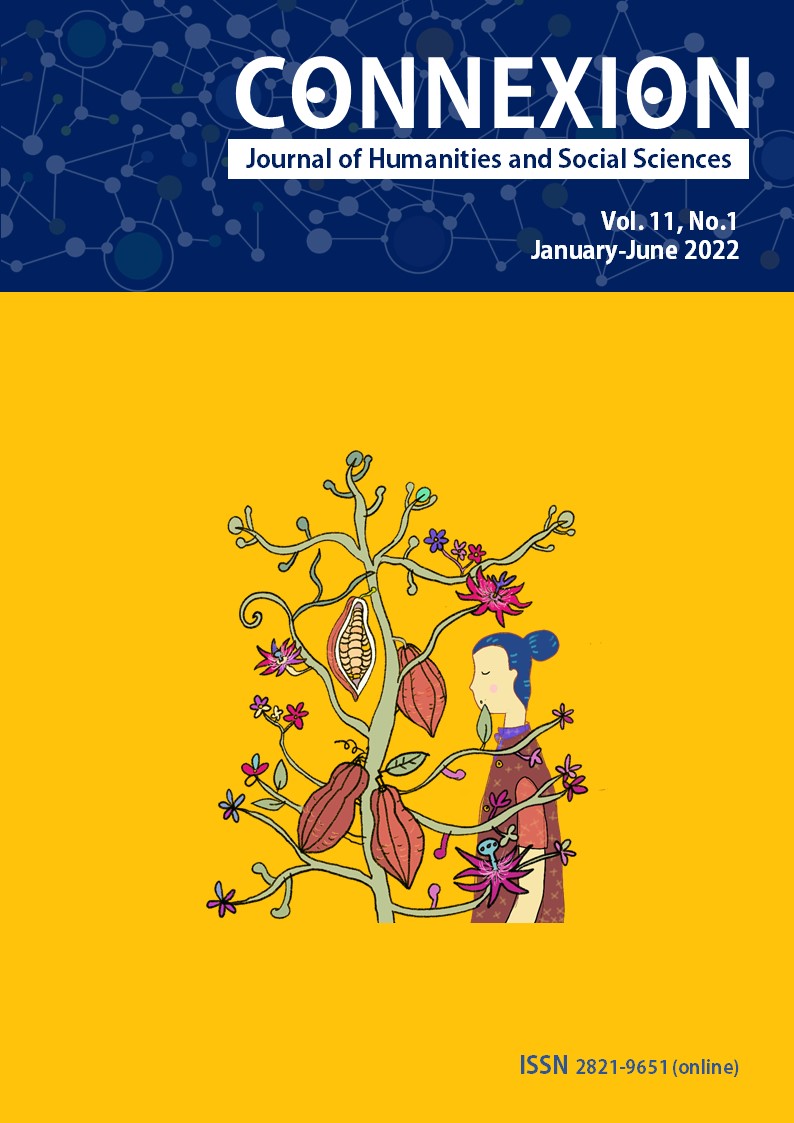Who Are We to Judge?’: Pathologies of Moral Judgement
Main Article Content
Abstract
This study profiles and peruses different ways of thinking that are pathological to moral judgement. Based on the interviews with respondents who experienced passing and receiving moral judgement as well as conversations with social science and philosophy academics, the study profiles ten pathological attitudes that viewed moral judgment as an exercise in hypocrisy, moral superiority and perfectionism, judgementalism, negativity, interference, moral vagueness, sentimentalism, and profanity. In like manner, those who make moral judgement are stereotyped as hypocrites, judgmental, negative, hostile, arrogant, self-righteous, and intolerant. These negative stereotypes discourage people from engaging in moral judgement in the public sphere. As moral judgement becomes a social pariah, the moral order degenerates, aggravating the culture of moral indifference that characterizes most contemporary societies. Counteracting the phenomenon of moral dissipation entails the emancipation of moral judgement from pathological attitudes. A constructive and responsible exercise of moral judgement is paramount to maintenance of the moral borders and boundaries in society.
Article Details

This work is licensed under a Creative Commons Attribution-NonCommercial-NoDerivatives 4.0 International License.
Copyright
Connexion: Journal of Humanities and Social Sciences has an exclusive right to publish the accepted articles in any form. However, the author retains the following rights:
1. The right to the ownership of the article;
2. The right to use all or part of the article in his/her other works;
3. The right to re-produce the article for personal use or for use in the author’s organisation, in which case the author must obtain permission from Connexion: Journal of Humanities and Social Sciences;
4. The right to make copies of all or part of the work for educational use or for the author’s use in classroom teaching; and
5. The right to include the work (both the preprinted and printed versions) in an institutional repository.
References
Arutyunova, K. R., Alexandrov, Y. I., & Hauser, M. D. (2016) Sociocultural influences on moral judgments: East–west, male–female, and young–old, Frontiers in Psychology, vol. 7, 1334. doi: 10.3389/fpsyg.2016.01334
Baofu, P. (2011) Beyond ethics to post-ethics: A preface to a new theory of morality and immorality, North Carolina: Information Age Publishing.
Bauman, Z., & Donskis L. (2013) Moral blindness: The loss of sensitivity in liquid modernity, Cambridge: Polity Press.
Benitez, J. L. (2022a) An inquiry into the problems concerning Filipino values and norms, Recoletos Multidisciplinary Research Journal, vol. 10, no. 1. https://rmrj.usjr.edu.ph/rmrj/index.php/RMRJ/article/view/1211/250
Benitez, J. L. (2022b) In defense of Filipino values and norms: Debunking the ambivalence theory, Ho Chi Minh City Open University Journal of Science, Social Sciences, vol. 12, no. 1, pp. 132-145. doi: 10.46223/HCMCOUJS.soci.en.12.1.2215.2022
Cordero, D. (2013) Moral decline in teens: The application of contextual theology, Asia-Pacific Social Science Review, vol. 13, no. 2, pp. 24-40.
Fischer, A., & Fuchs, M. J. (2015) “Solidarity at the time of the fall”: Adorno and Rorty on moral realism’, in G. De Anna & R. Martinelli (Eds.), Moral realism and political decisions: Practical rationality in contemporary public contexts, pp. 51-62, Bamberg, Germany: University of Bamberg Press.
Furedi, F. (2021) Why borders matter: Why humanity must relearn the art of drawing boundaries, New York: Routledge.
Hinman, L. (2012) Ethics: A pluralistic approach to moral theory, California: Thomson Wadsworth.
Holy Bible. (2011) New American bible revised edition, Gastonia, NC: Good Will Publishers.
Juul, S. (2013) Solidarity in individualized societies: Recognition, justice and good judgement, New York: Routledge.
Knox, E. J. (2015) Book banning in 21st-century America, New York: Rowman & Littlefield.
Kupperman, J. (2020) The foundations of morality, London: Routledge.
Lukes, S. (2008) Moral relativism, London: Profile Books.
Machuca, D. (2017) ‘Moral skepticism: An introduction and overview’, in D. Machuca (Ed.), Moral skepticism, new essays, New York: Routledge.
Mandela, N. (1994) Long walk to freedom: The autobiography of Nelson Mandela, New York: Hachette Book Group.
Njoku, N. (2016) Teachers' perception on the dimensions of moral decadence among secondary school students in Ebonyi state, Nigeria, Journal of Education and Practice, vol. 7, no. 26, pp. 187-191.
Otmazgin, N., & Ben-Ari, E. (eds.). (2013) Popular culture co-productions and collaborations in East and Southeast Asia, Singapore: Mainland Press.
Samson, B., & Allida, V. (2018) Moral decline in schools: Reflections on public secondary schools in Iganda district, Uganda, Baraton Interdisciplinary Research Journal, vol. 8, pp. 1-9.
Sinnott-Armstrong, W. (2007) Moral skepticisms, New York: Oxford University Press.
Turiel, E. (2012) Moral reasoning, cultural practices, and social inequalities, Innovación educativa (México, DF), vol. 12, no. 59, pp. 17-32.


